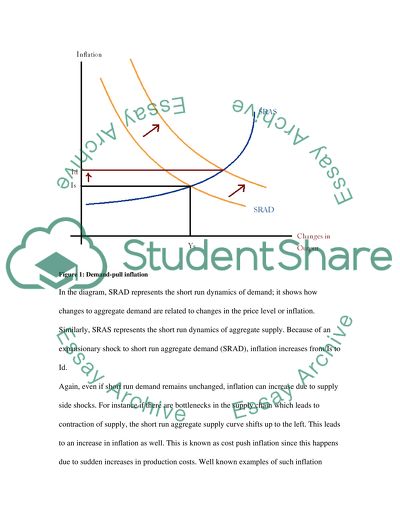Cite this document
(“Urrent recessionary situation in the UK economy Essay”, n.d.)
Retrieved from https://studentshare.org/macro-microeconomics/1444922-urrent-recessionary-situation-in-the-uk-economy
Retrieved from https://studentshare.org/macro-microeconomics/1444922-urrent-recessionary-situation-in-the-uk-economy
(Urrent Recessionary Situation in the UK Economy Essay)
https://studentshare.org/macro-microeconomics/1444922-urrent-recessionary-situation-in-the-uk-economy.
https://studentshare.org/macro-microeconomics/1444922-urrent-recessionary-situation-in-the-uk-economy.
“Urrent Recessionary Situation in the UK Economy Essay”, n.d. https://studentshare.org/macro-microeconomics/1444922-urrent-recessionary-situation-in-the-uk-economy.


